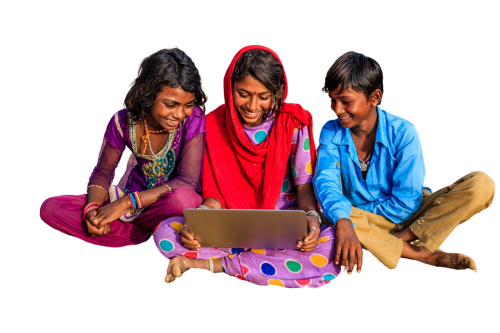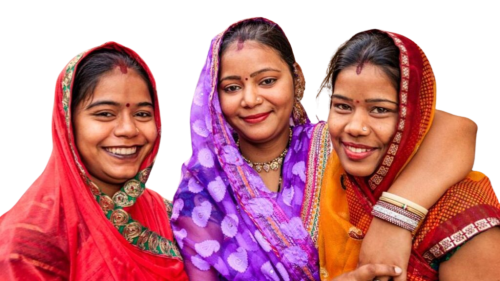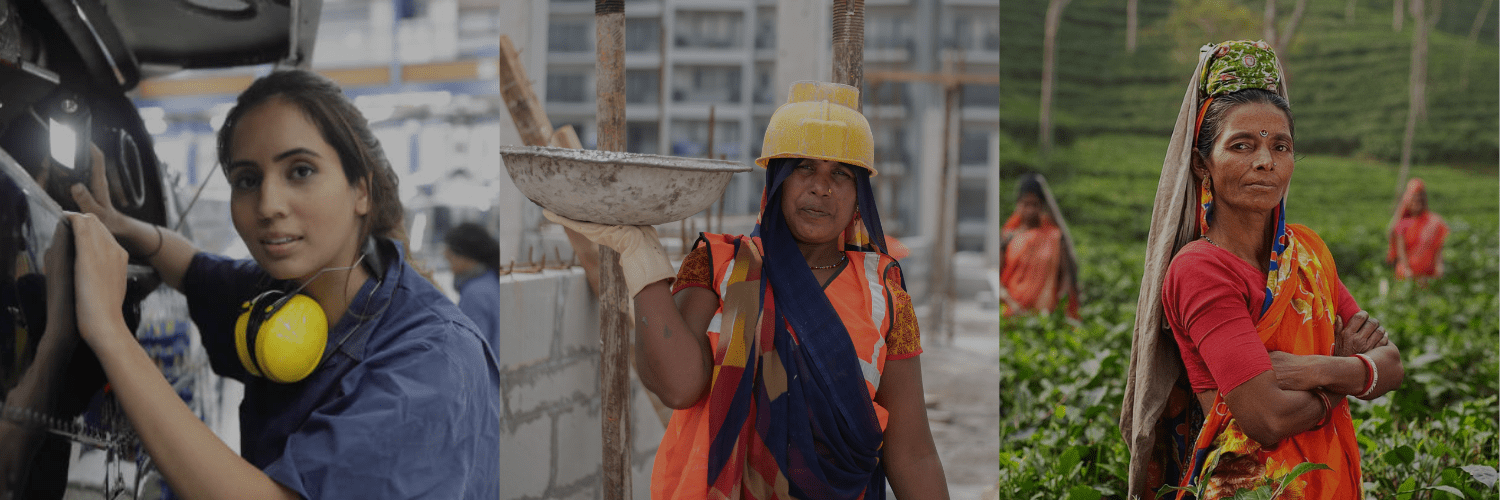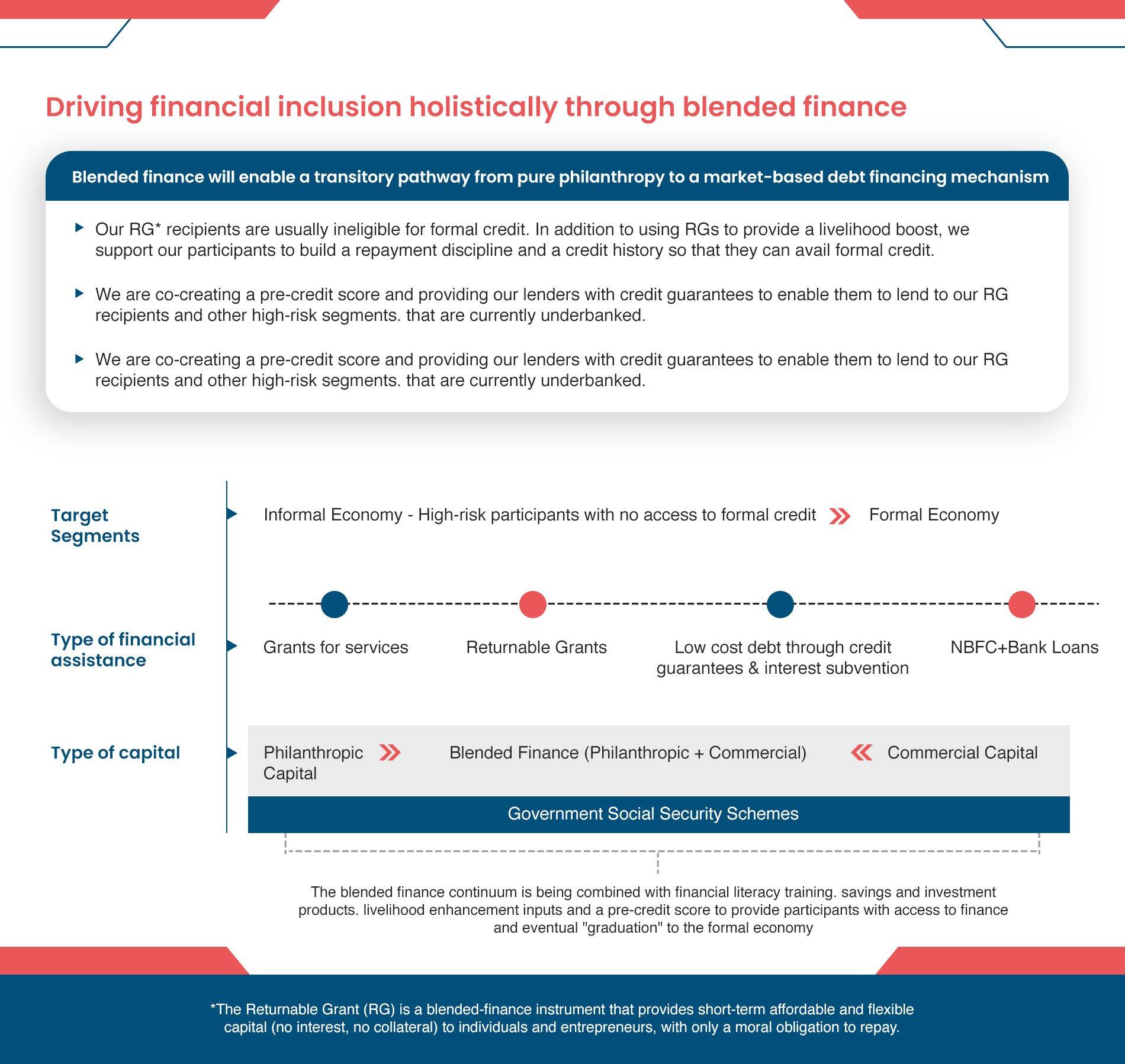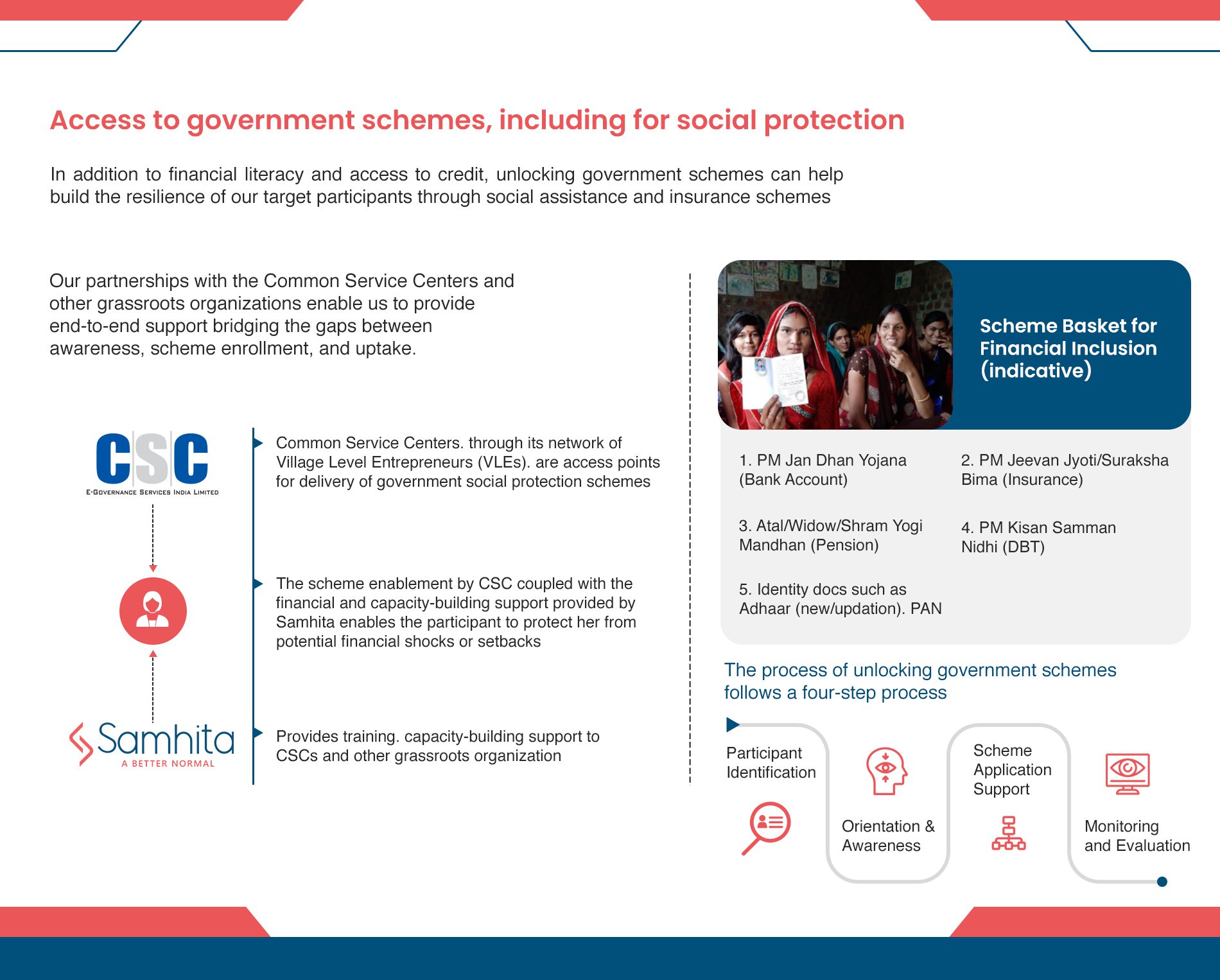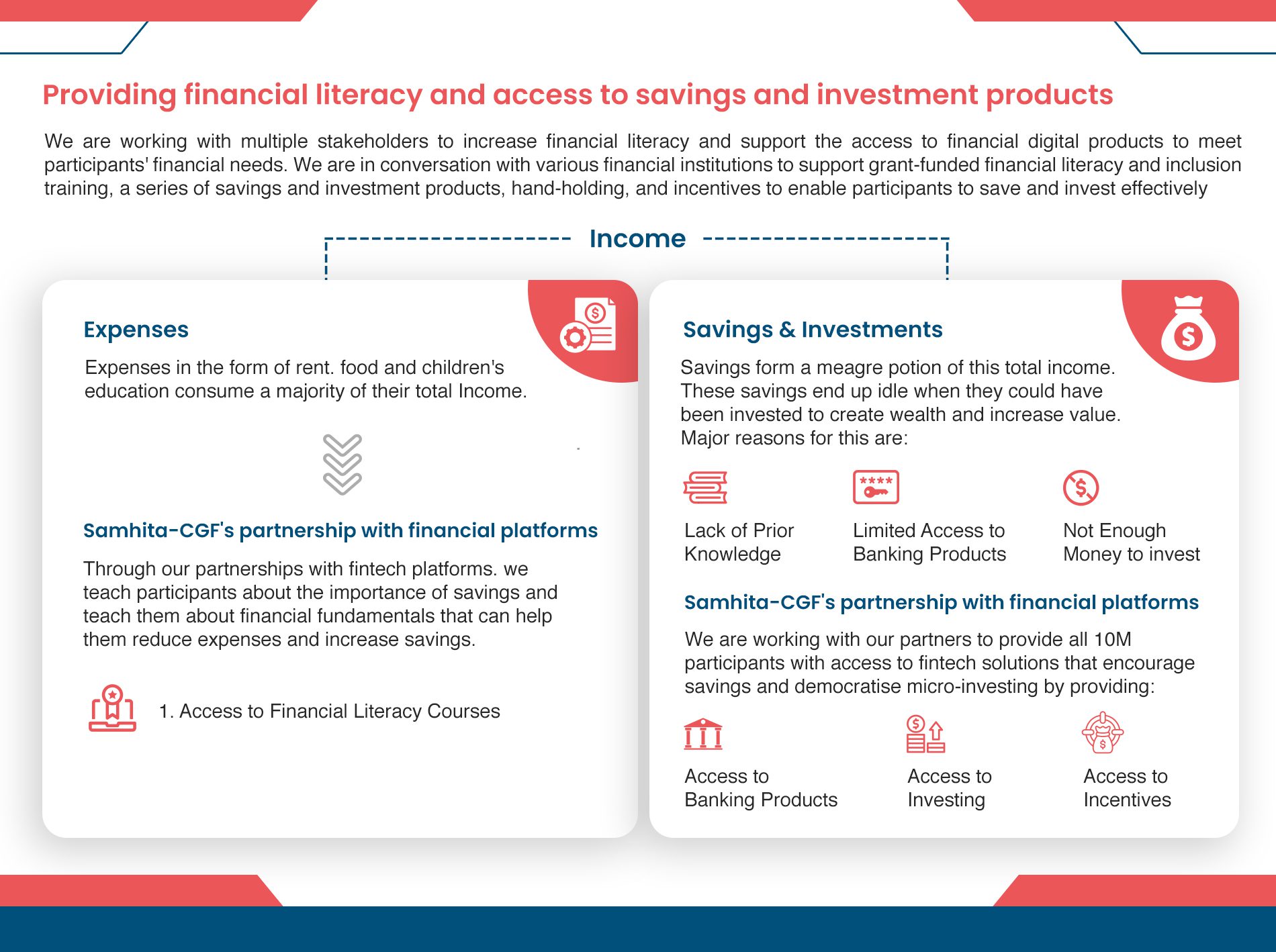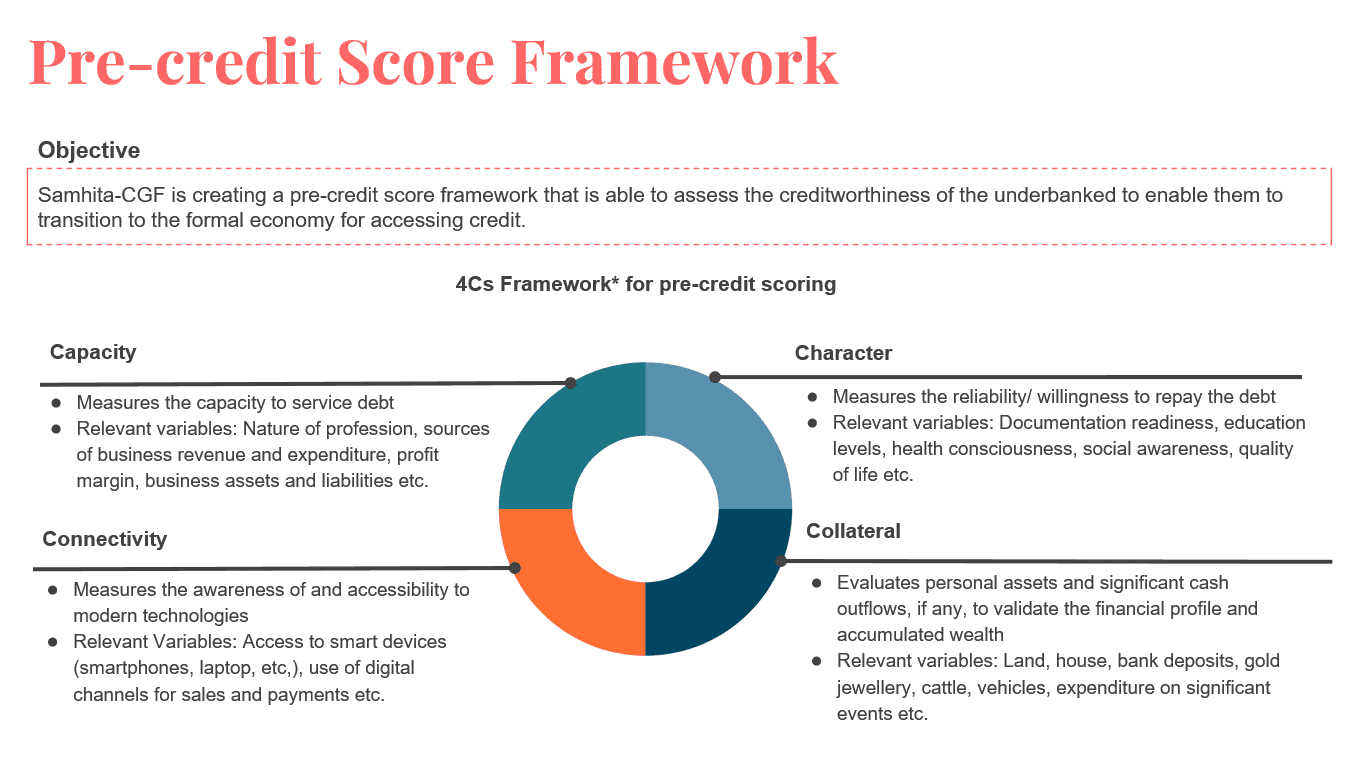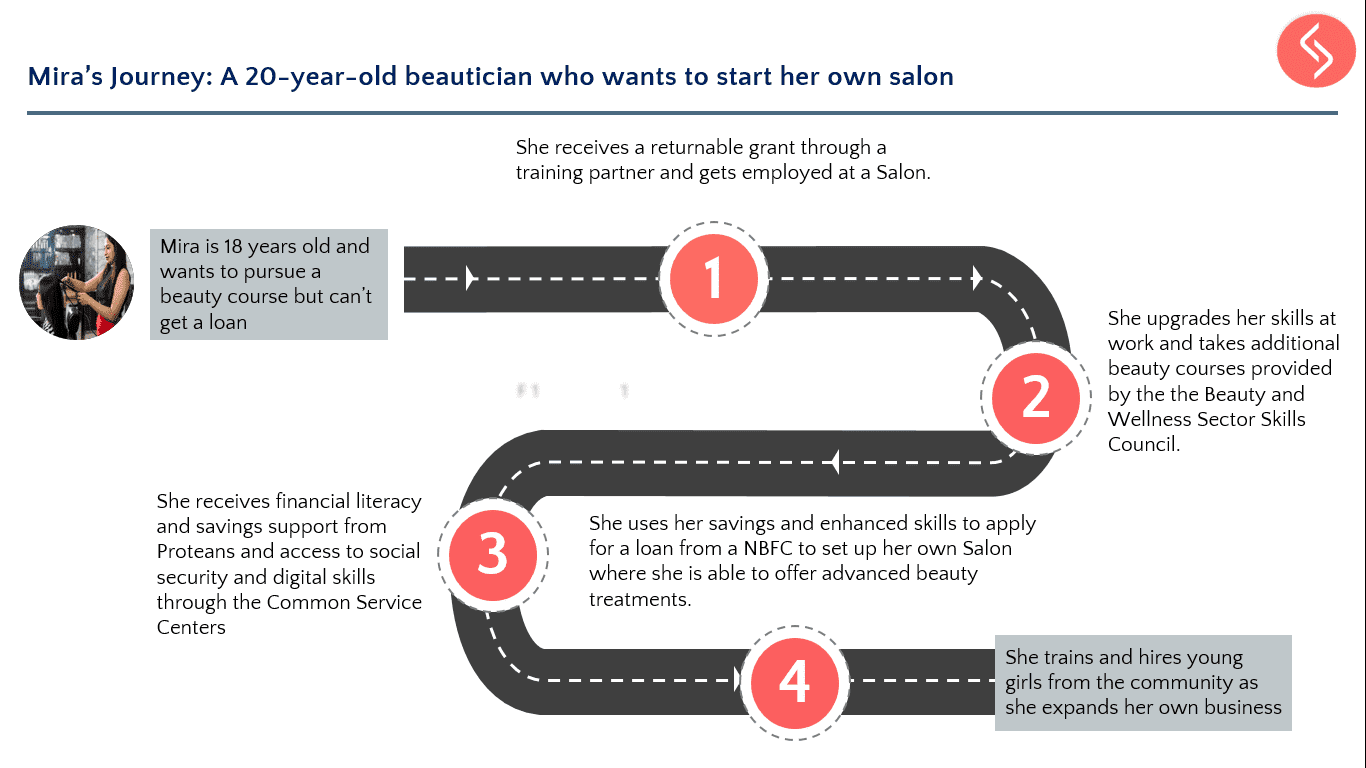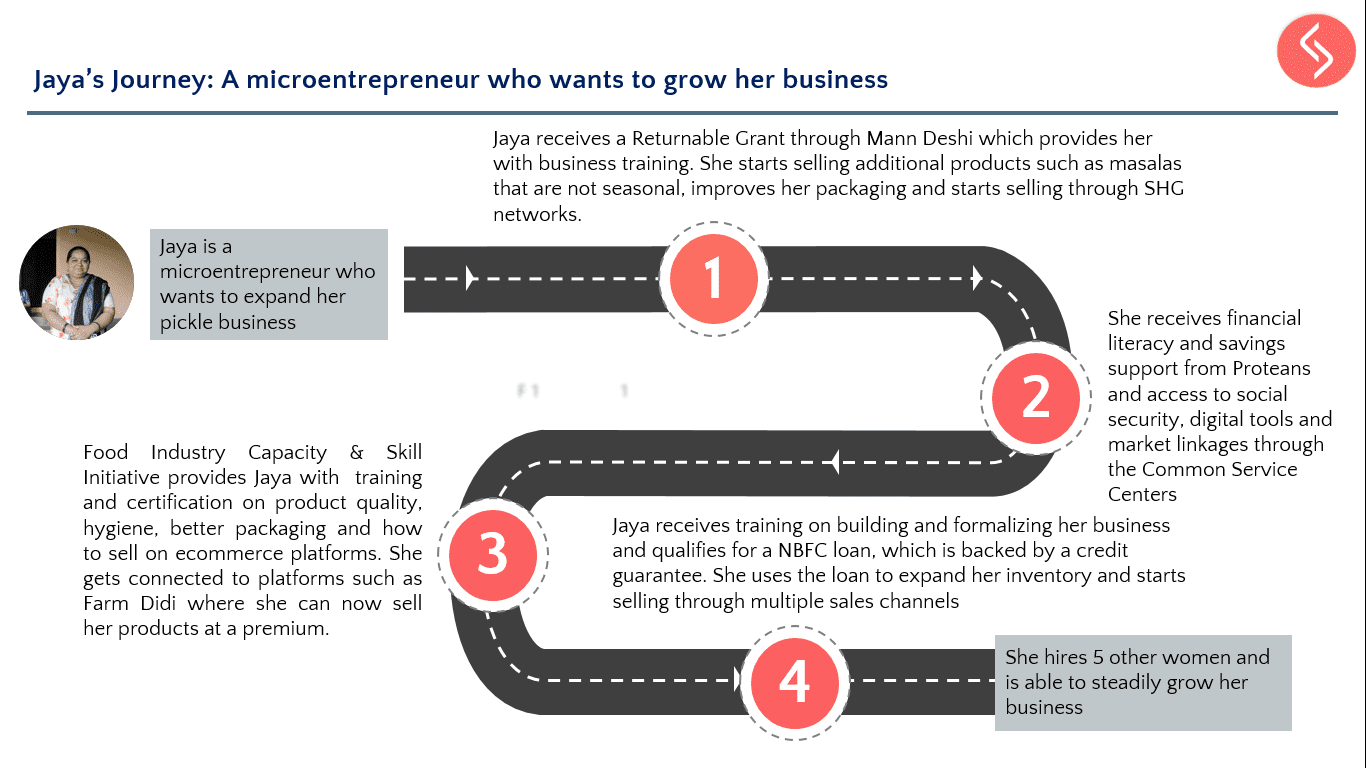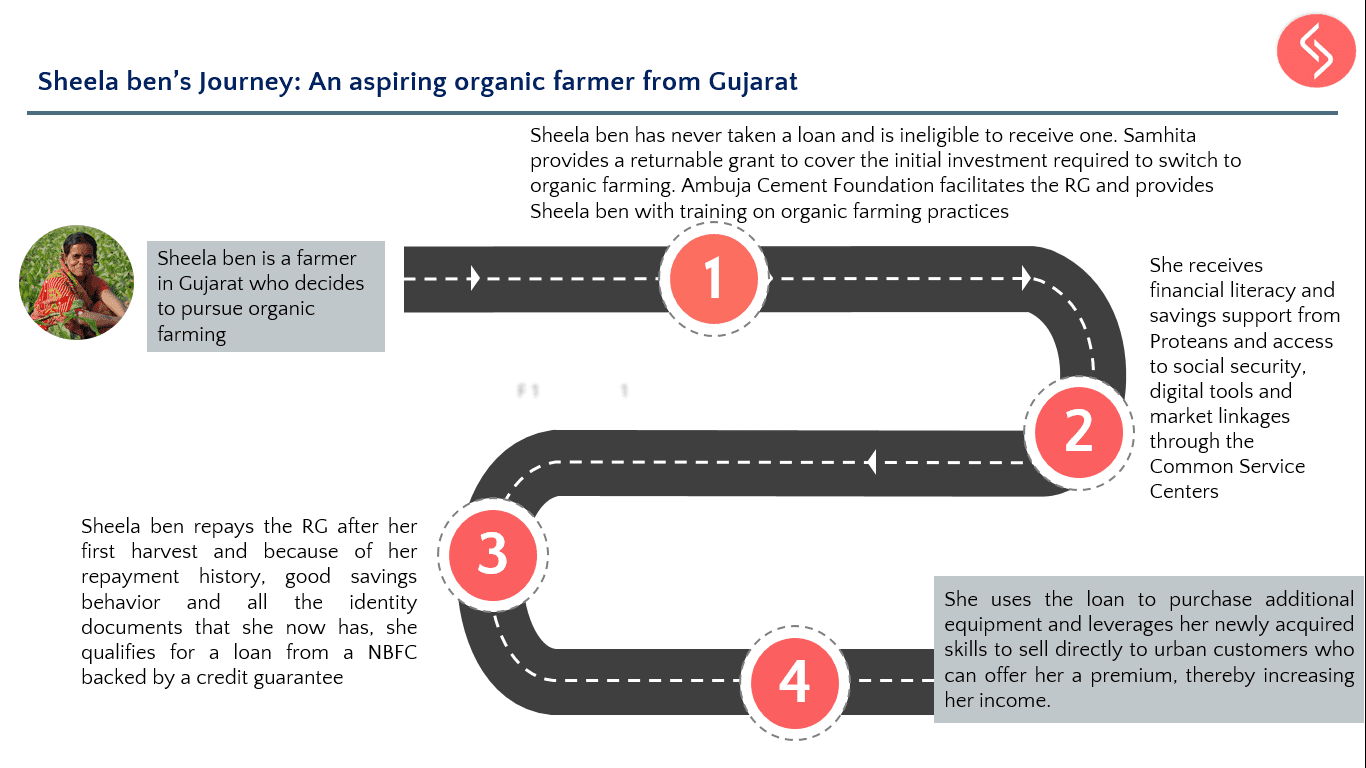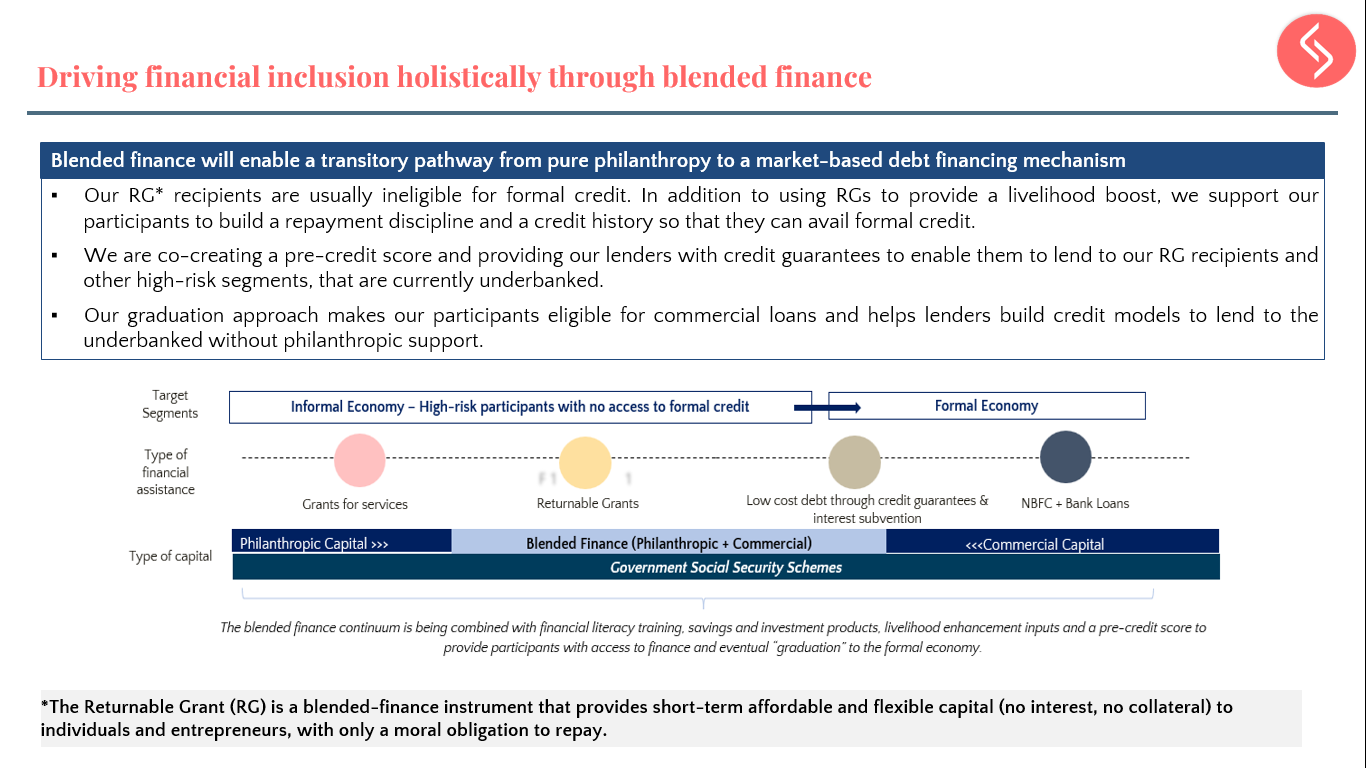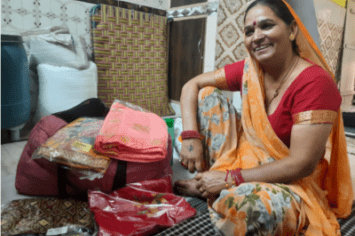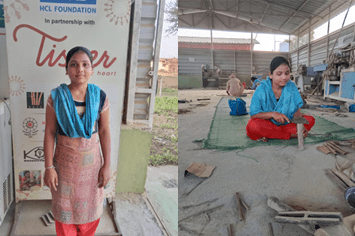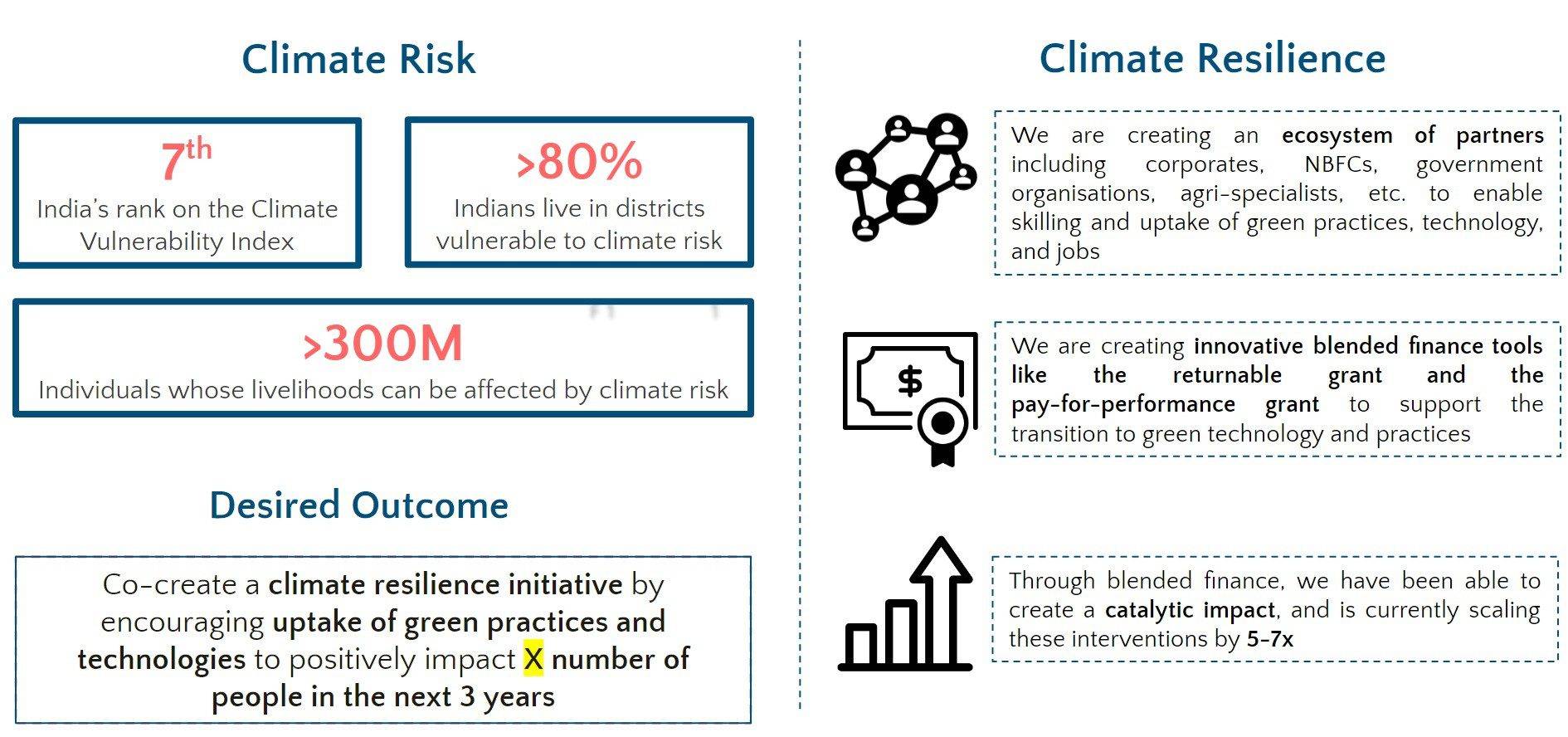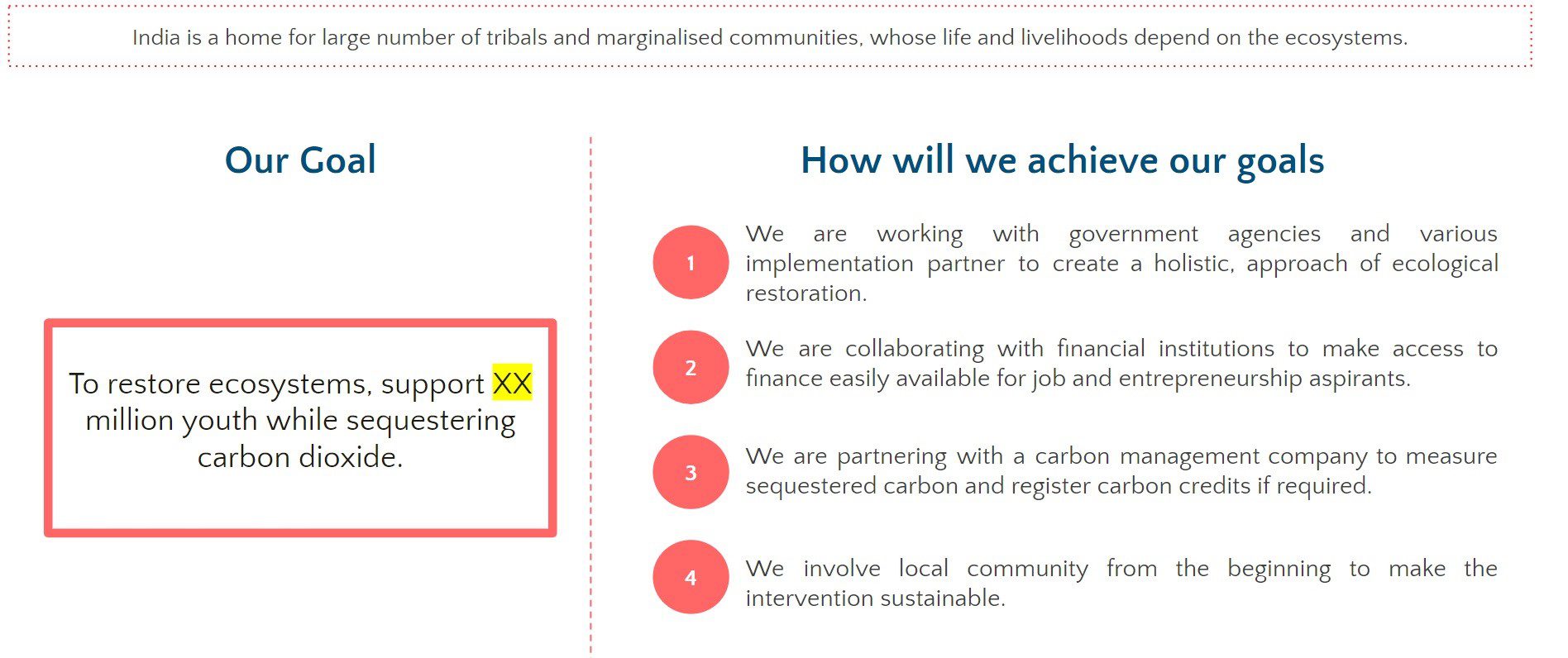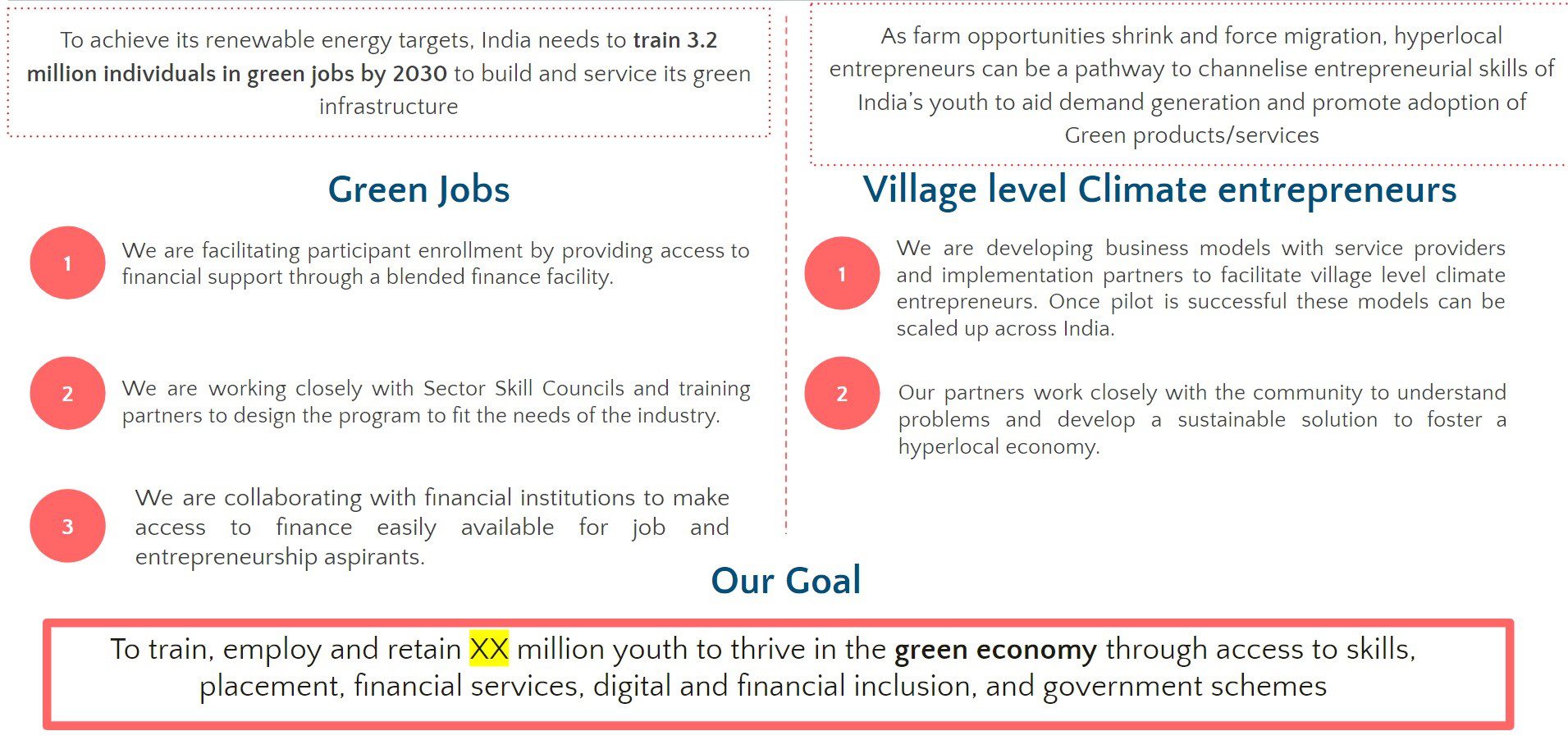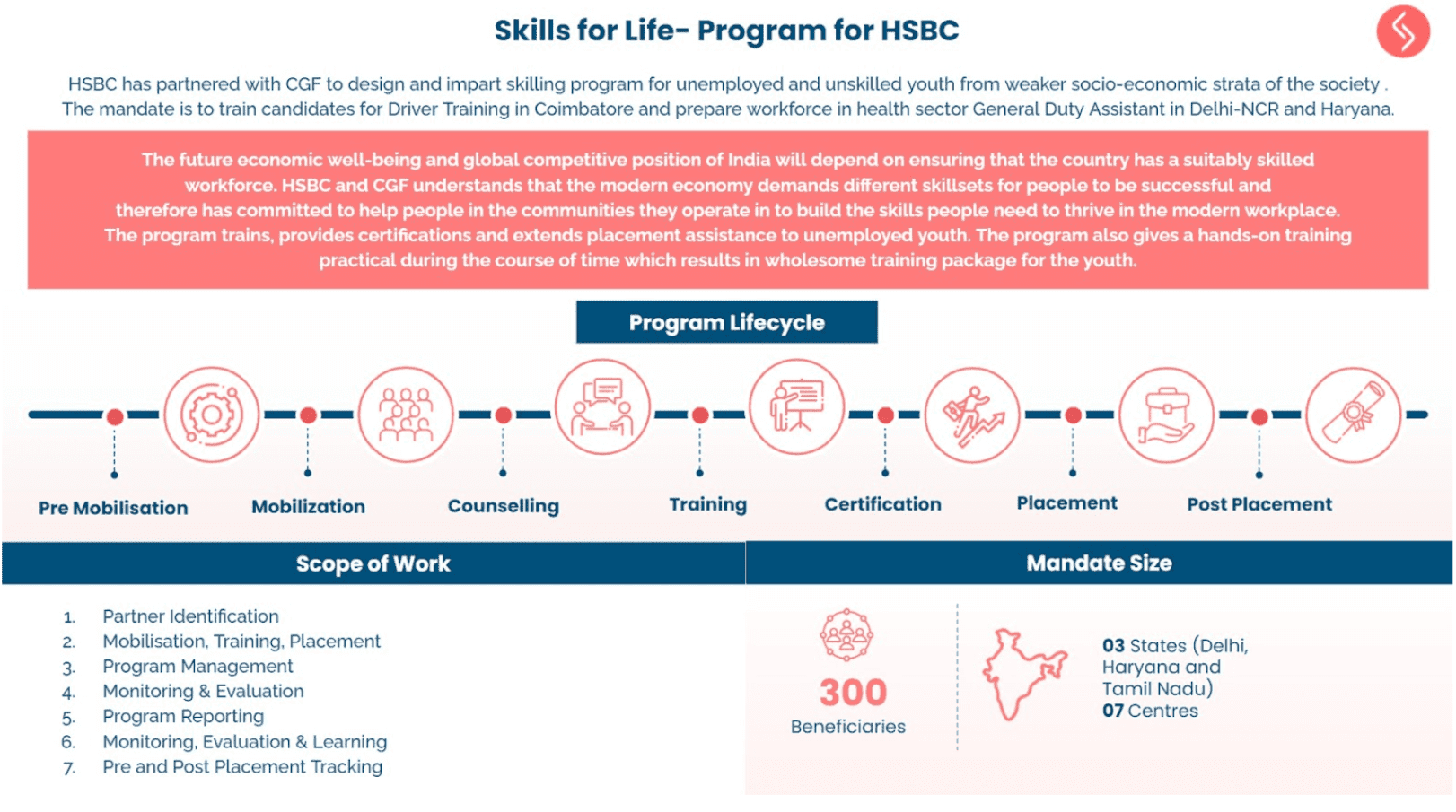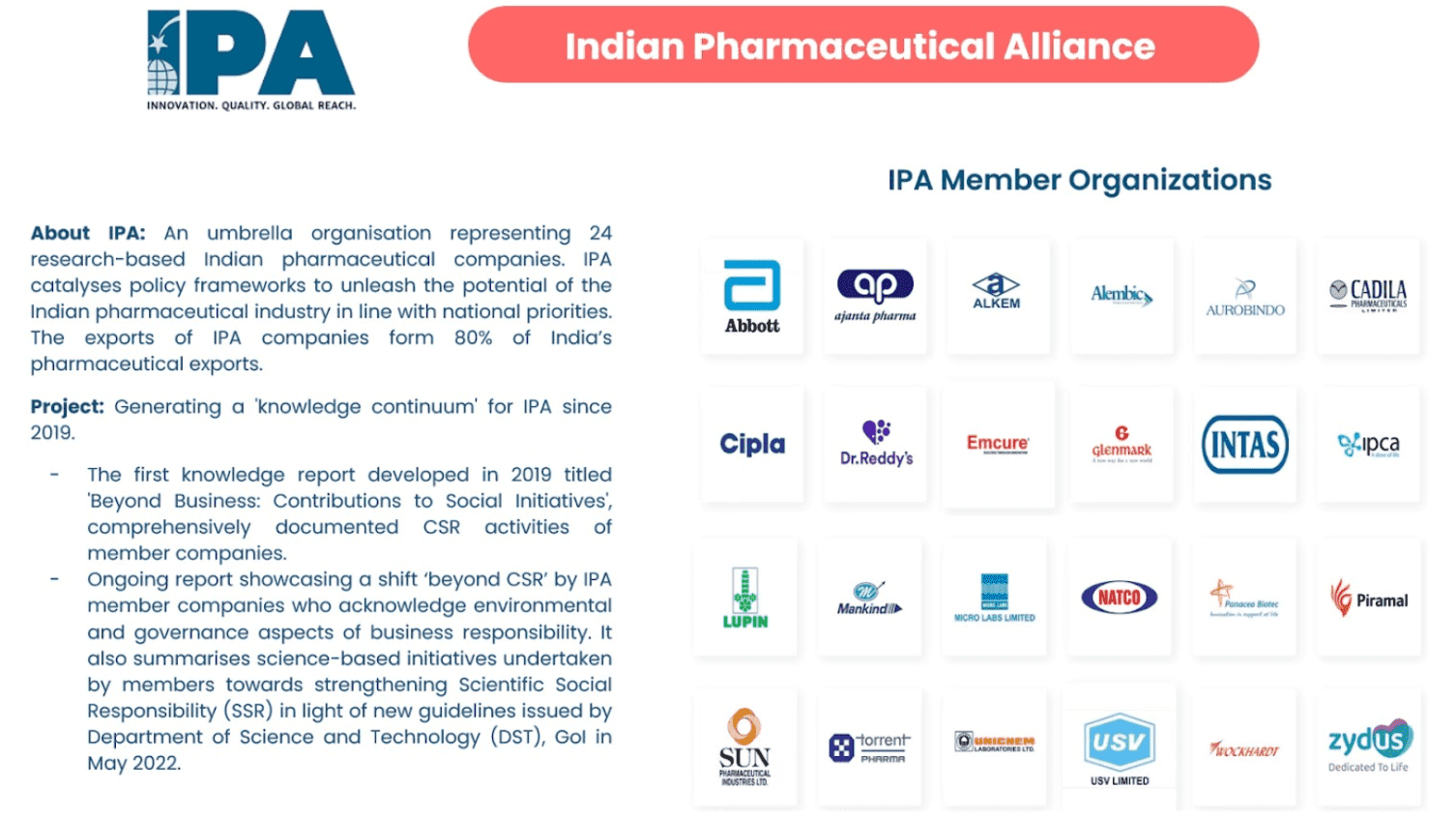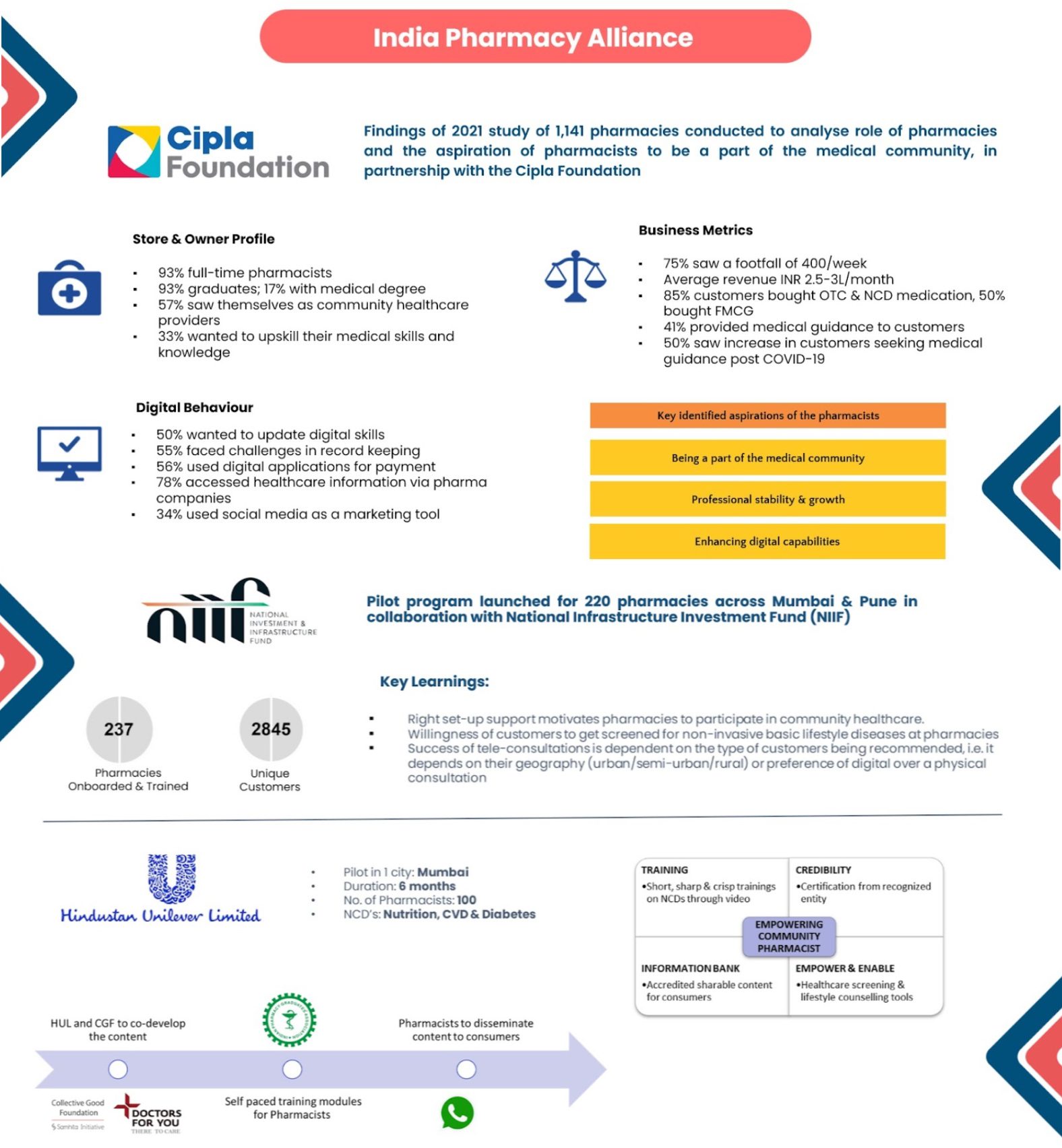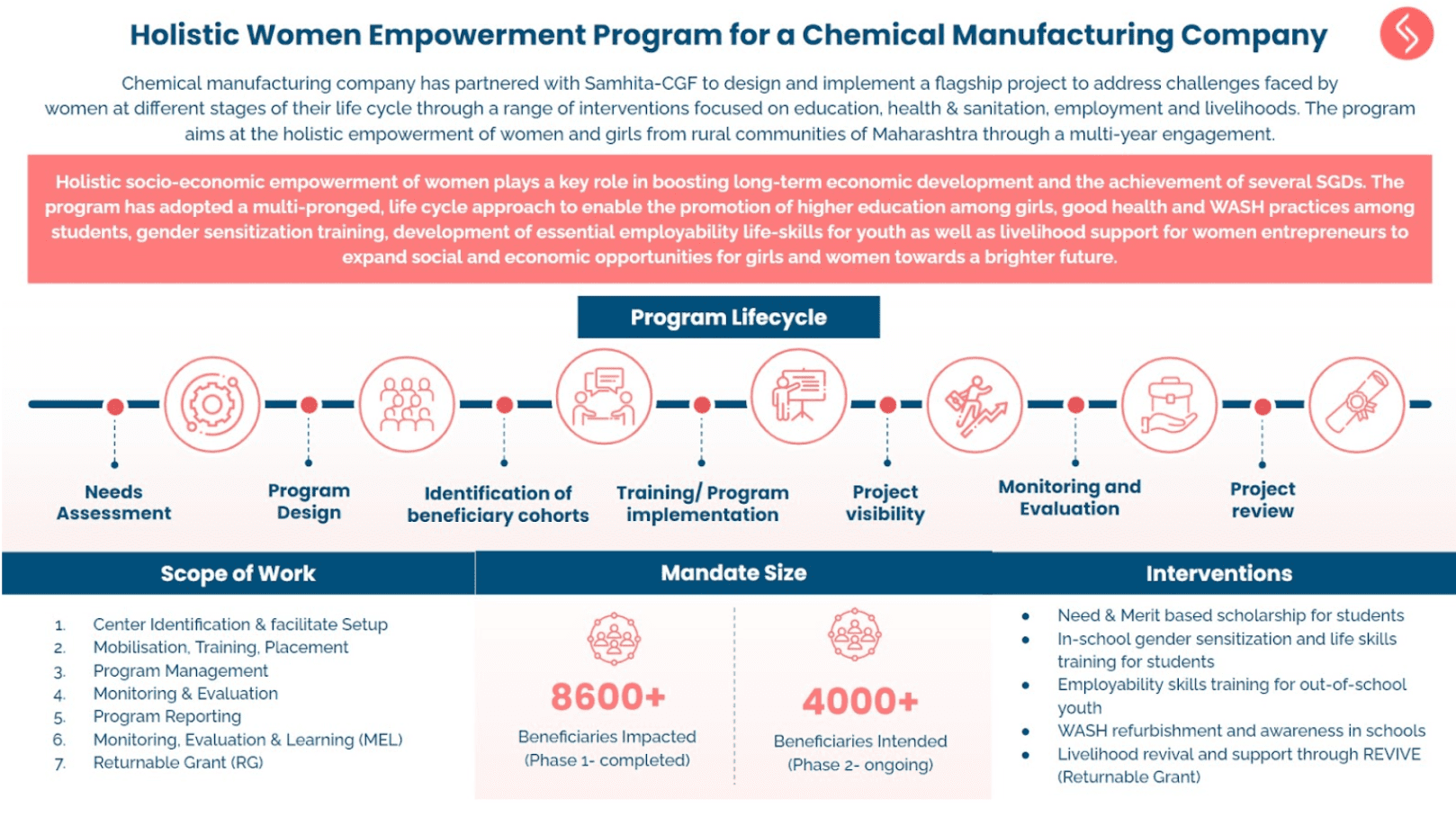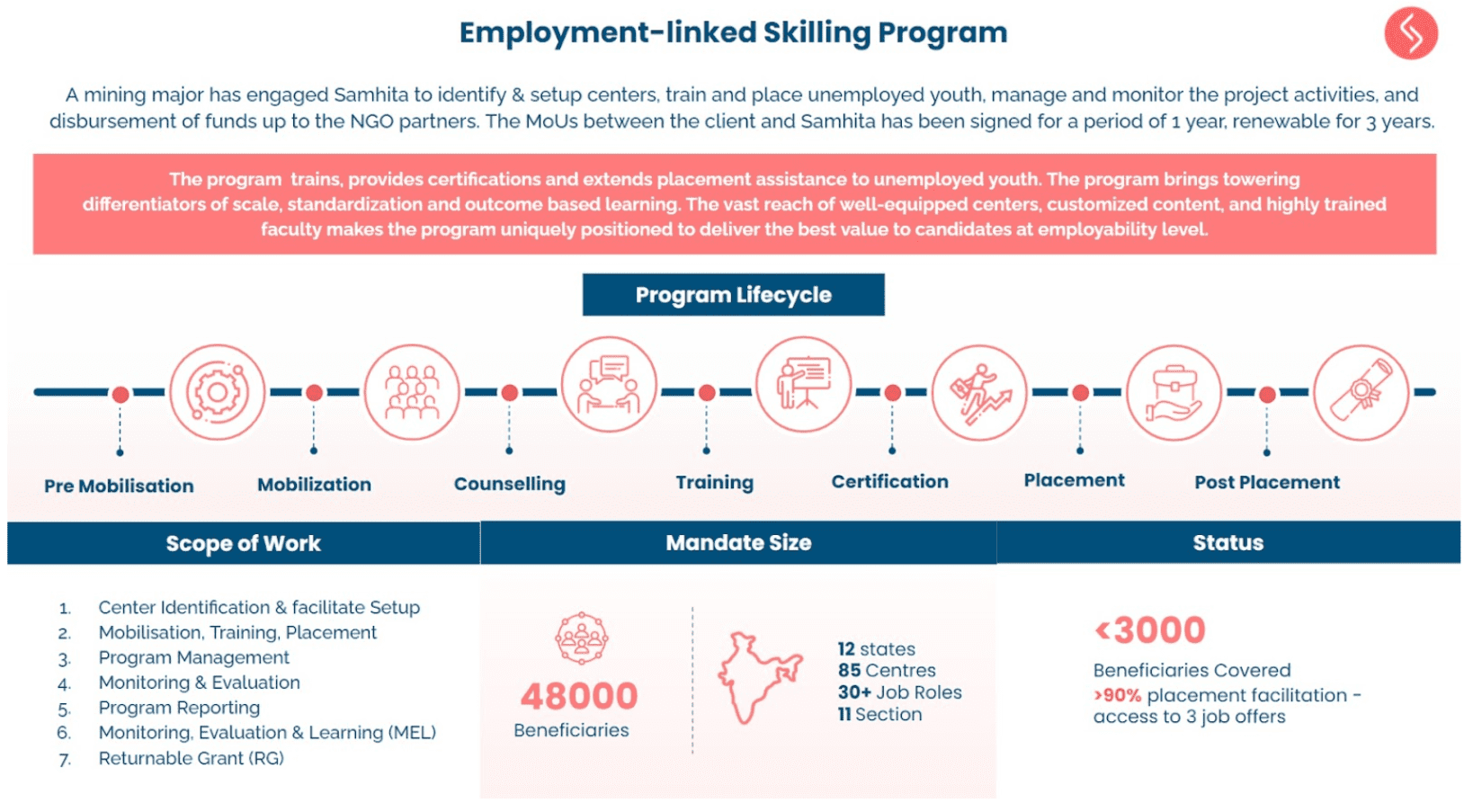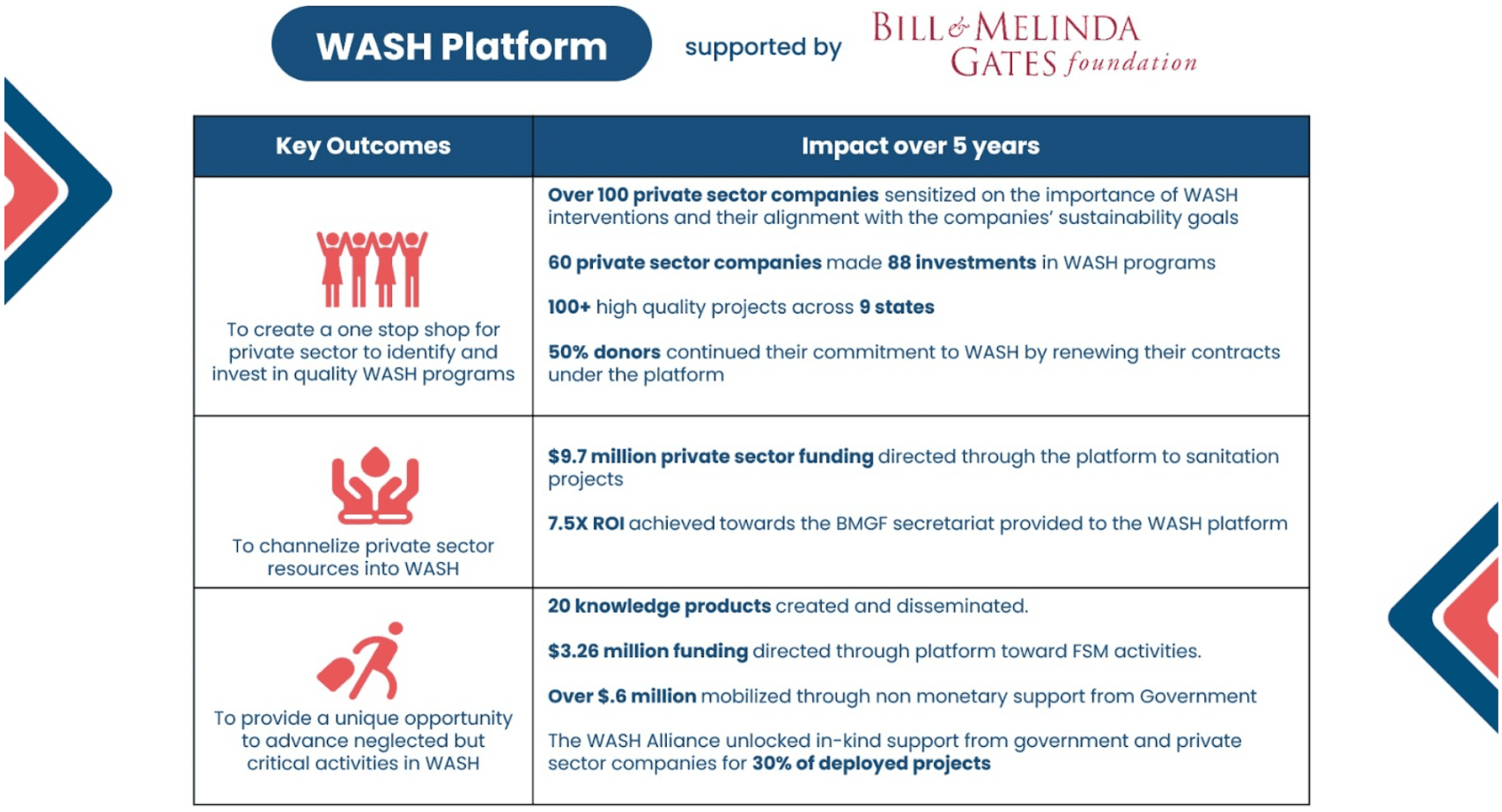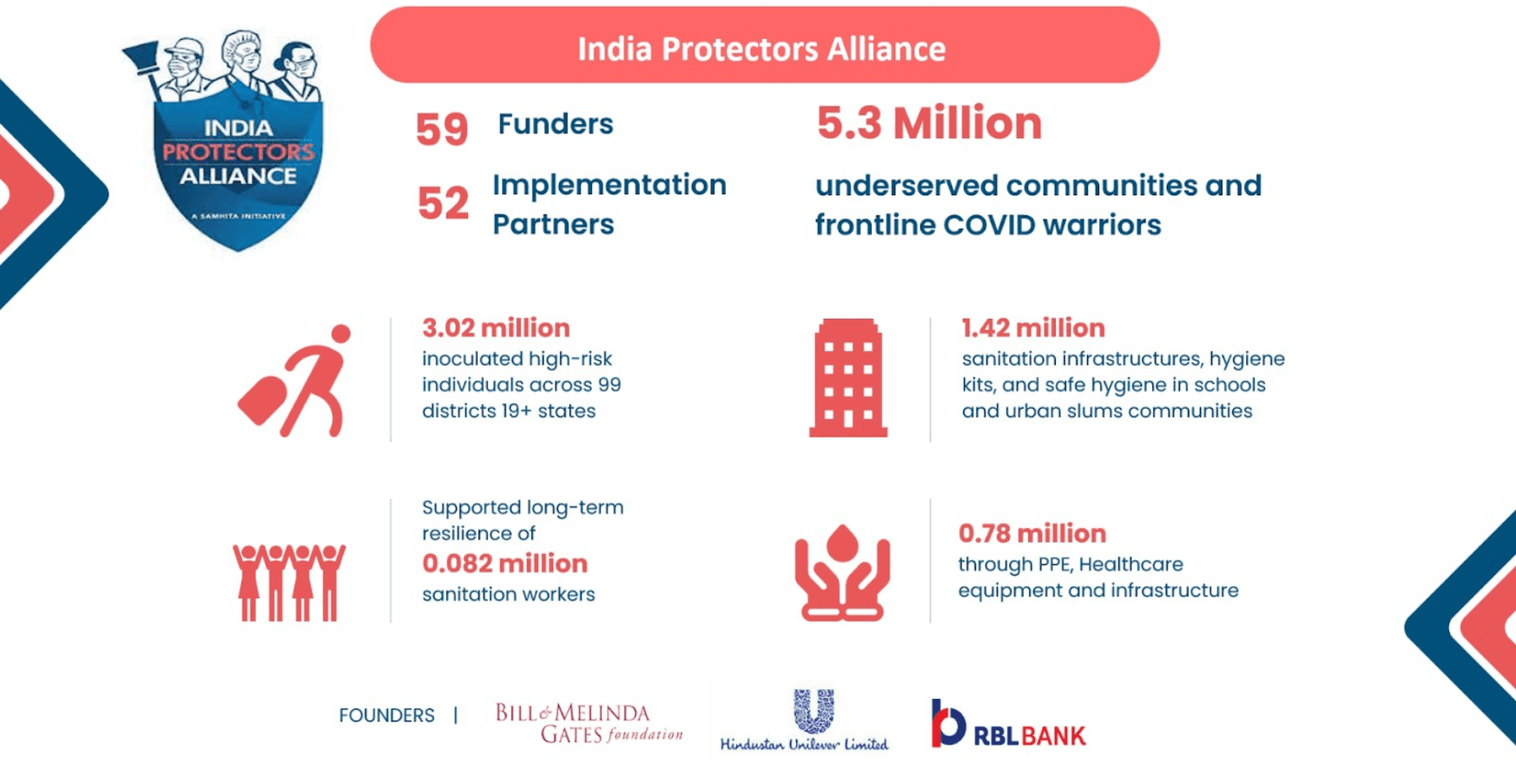Women At Work In New India
In India, the COVID-19 pandemic has disproportionately affected the lives and livelihoods of working women compared to working men. To understand the extent of this impact on women workers, Samhita-Collective Good Foundation(CGF), commissioned by the Foreign, Commonwealth & Development Office (FCDO) in India, undertook a study that analysed the pandemic experiences of thirty women workers and entrepreneurs across professions in India. The findings and recommendations of the study are presented in this report.
The research study adopted a qualitative approach and exploratory design. Furthermore, it looked at the challenges through an intersectional lens, since the pandemic has affected women differently based on their demographic, geographical and socio-economic backgrounds. While for some women, economic and social recovery has been relatively easier and faster, given their social location, networks, skill sets, nature of their trade, access to digital and other infrastructure, most women continue to struggle to bounce back.
Prior to the primary data collection conducted on field across the ten cohorts and five states the women belonged to, certain themes were identified from a secondary review of existing literature. Thereafter, several of these themes were corroborated through a thematic analysis of the narratives presented by thirty women participants.
Four major themes emerged from this research, which are listed as below:
- Challenges faced due to the COVID-19 pandemic
- Social and systemic support availed during the crisis
- Adaptation and transition in livelihood choices during the pandemic
- Aspirations and ambitions of women workers
This research study advocates using the learnings and evidence from the women’s narratives to inform policy and programme design. With an intended target audience consisting of private sector, development funders and social purpose organizations, this research serves to be a call for action for commitments to support women in the workforce and in business value chains. In aligning its recommendations with the ILO’s Decent Work framework and the United Nations Sustainable Development Goals(SDGs), as a way forward, this report also proposes collaborative models such as building large multi-stakeholder and multi-cause alliances to deliver at scale, innovate and integrate core competencies of all development stakeholders, to ensure continuous and sustained support for women to enter, sustain and grow in the workforce. In this report, as a way forward, Samhita-CGF proposes the ‘SACCI model’ – stakeholder Alliance Creation for Collaborative Impact, given the problem’s magnitude, complexity, and urgency. An Alliance will bring together different development stakeholders such as the government, private sector, institutional funders, development experts and social purpose organisations to plug in the gaps in the current system and actively promote and support women in the workforce.

